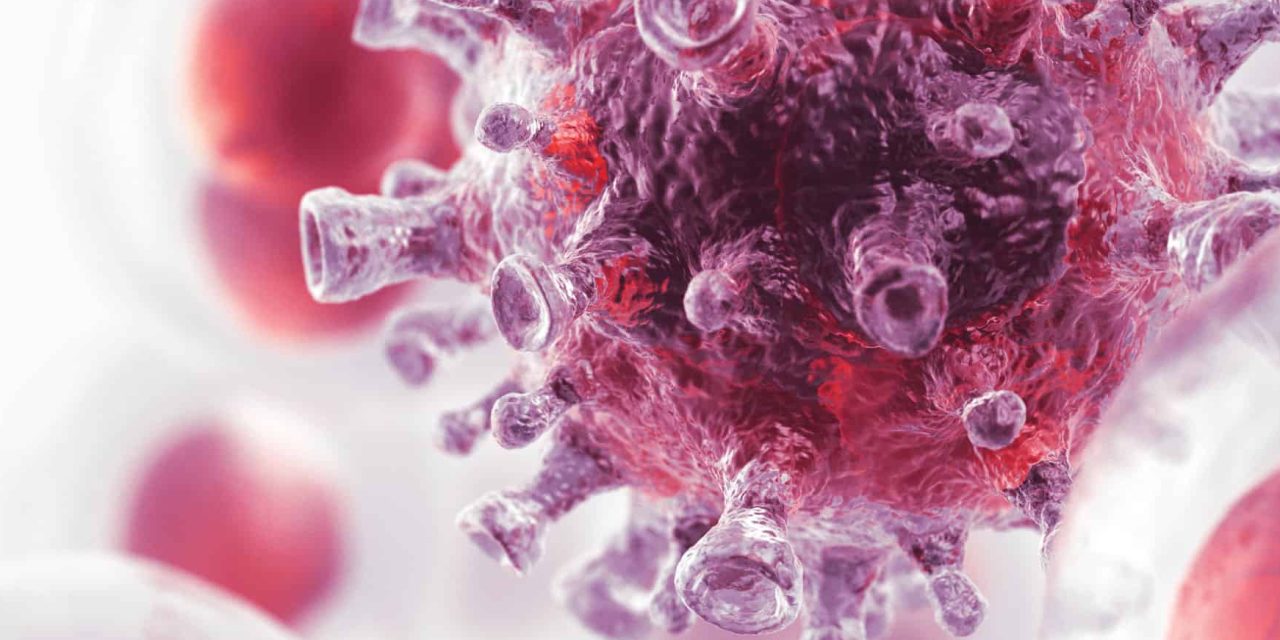PA-X is a novel discovered accessory protein encoded by the PA mRNA of the influenza A virus. Accumulated studies have demonstrated the crucial role of this protein in regulating the virulence of various subtypes of influenza virus, including H1N1, H5N1, H9N2, H1N2, H3N8 and H3N2 virus. However, the role of PA-X protein in regulating the virulence of the highly pathogenic avian H7N9 virus was unknown. In this study, we firstly generated two recombinant H7N9 viruses which have lower PA-X expression level than the parental H7N9 virus. We then systematically compared their difference in virus replication, polymerase activity, virulence and virus-induced host immune responses in mice. The results showed that the PA-X deficient viruses significantly increased viral replication in madin darby canine kidney cells and slightly increased viral replication in mouse lung. In addition, loss of PA-X expression significantly increased viral polymerase activity and alleviated the host-shutoff activity mediated by the parental PA protein. However, in contrast with the usual function of PA-X in regulating the virulence in different subtype influenza virus, no obvious effect on viral virulence in mice was observed by H7N9 PA-X protein. Furthermore, among the 12 kinds of cytokines and 2 kinds of complement derived components that we tested, the PA-X deficiency viruses only induced significantly higher expression levels of MX1 than the parental virus. Altogether, these results showed that PA-X has little effect on viral virulence and viral induced innate immune response of the H7N9 subtype virus. Our study adds further information for the growing understanding of the complexity of PA-X in regulating viral virulence and host innate immune response of different influenza virus.Copyright © 2021 Elsevier B.V. All rights reserved.
The virulence modulator PA-X protein has minor effect on the pathogenicity of the highly pathogenic H7N9 avian influenza virus in mice.


